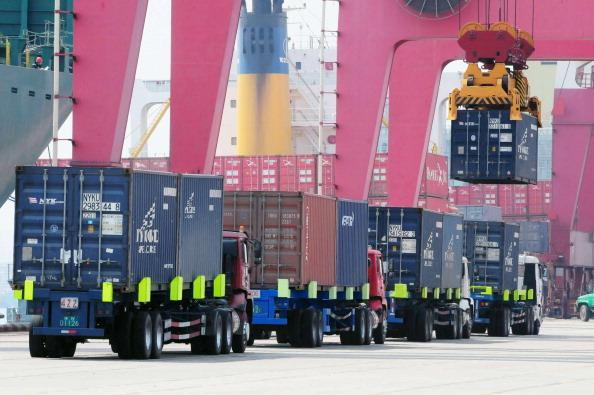Truck drivers in multiple provinces in China have decided to go on strike, demanding that the Chinese authorities address their grievances.
In the cities of Chongqing, a megacity in southwestern China; Hefei, the capital of Anhui Province; Tongren in Guizhou Province in eastern China; Liaocheng in Shandong Province; and Xiushui County in Jiangxi Province, truck drivers have idled their vehicles either at parking lots or on the side of the road, in protest of their mistreatment, according to Radio Free Asia (RFA) on June 9.





